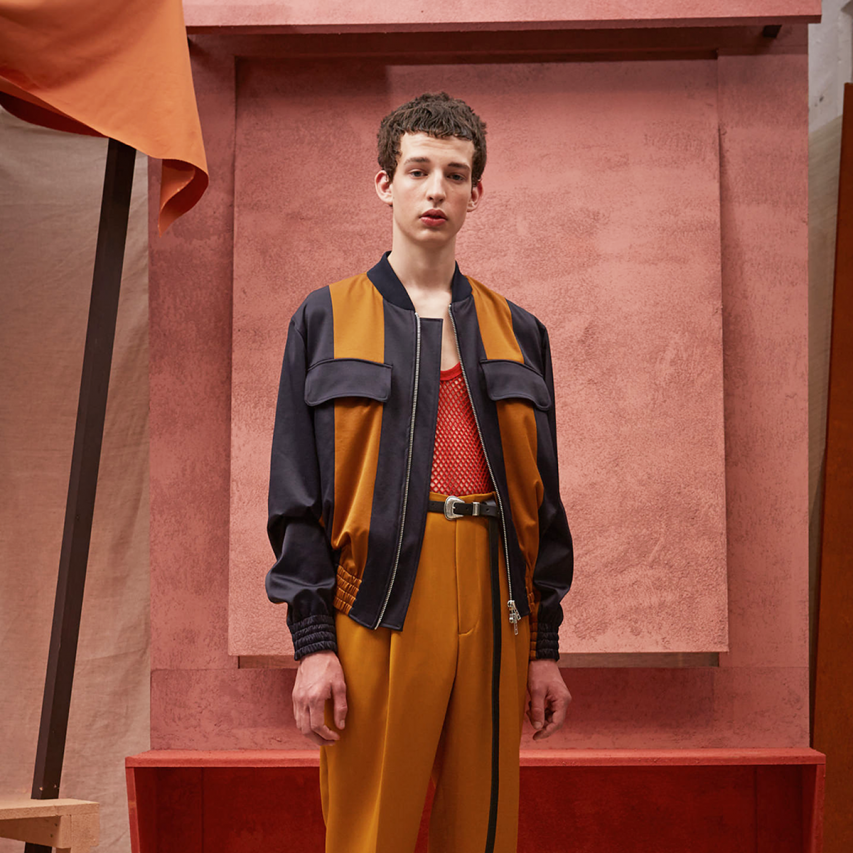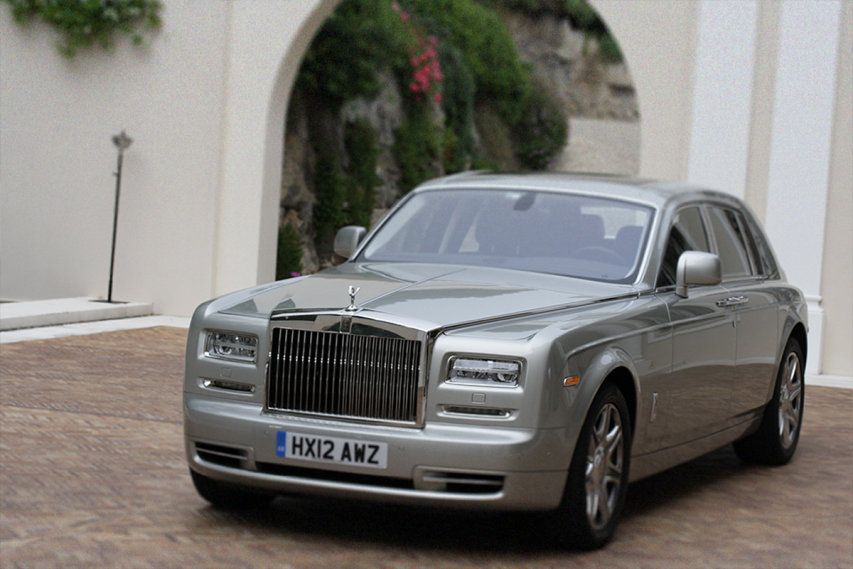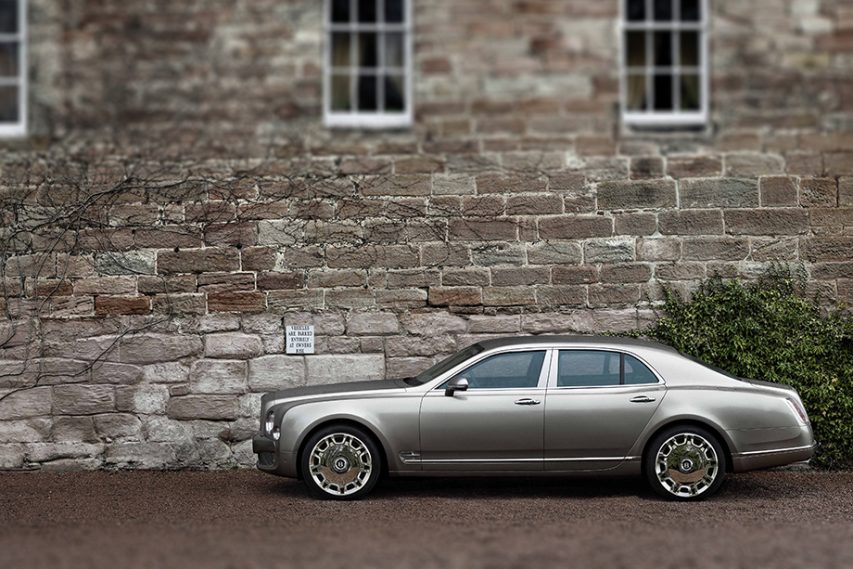Ballantine’s whisky and Boiler Room collaborated once again to explore the notion of two small, but grandiose words – ‘stay true’. Art is the truest form of expression a human possesses and music is arguably our most accessible, so what better field of study than the gritty music undergrounds of our most house-hungry nations?
In the past few years, Boiler Room and Ballantine’s have delved deep into the cultures and subcultures of house music the world over. Having journeyed to the far flung worlds of Recife, Edinburgh, Moscow and Santiago (to mention a few), they set their sights on the burgeoning house scene in South Africa.
An all-star cast of international DJs shared a stage with revered local talent in the township of Langa, Cape Town. We went along for the ride and sat down with some of these synergistic music makers in search of the elusive, mercurial answer:
What does it mean to stay true?
Jazzuelle sat with me in a quiet pocket of bar in Cape Town. He was tired, but in no way jaded and spoke dreamily of his current status as one of the hottest producers South Africa has to offer. Over the years he has developed his own brand of narcotic electronica, which is infused with inexorable elements of soul and groove. He couldn’t pinpoint the exact instance he got into making music; all he knows is that curiosity pervaded him from a young age.
“I’d be listening to music while I ate breakfast, I would sleep at night with my stereo playing next to my bed. I loved it so much and the natural thing was to be curious about how to create music myself.”
House music is mythical and mercurial in the way that it has universal appeal and accessibility, but is tremendously complicated to master. Any person with a heart that pulses and a spine that fizzes can feel the unbridled, rapturous joy of house. To become a pupil of it though – to produce or DJ – you need to eat, sleep and breathe music.
Everything Jazz told me about his life seemed to be punctuated with an affirmation of his devotion to music. He was never interested in academia. Even when studying music, he opted for time in the record store as opposed to the class room; eating up vinyl and immersing himself in the sounds of the South African house scene. His teacher told him he’d never make it. His mother derided him for what she perceived as a waste of time. Both these prominent figures of authority were defied and proved wrong – their chagrin met by tongue in cheek validation.
“When I first toured and got to Spain, I called my mother from a Spanish number – just to say “hola!””

Jazzuelle was born in Cape Town, but currently resides in the Cape’s wilder, sister-city – Johannesburg. The early iterations of South African house were heavily influenced by jazz. You can hear it in theeir intricate pieces of electronic music; deftly constructed and drawn out with muted guitar sections, clamorous trumpet revelations and the dripping chimes of the keyboard.
“There’s a lot of truth about the scene here,” he says. The music, we agree, is human and honest – no artificial, lab-spawned nonsense here.
Jazz music played a huge part in shaping the musical landscape of South Africa, colourfully painted by the likes of iron-lunged Hugh Masekela. The seemingly chaotic, viscerally alluring hotpot sound of jazz shares its DNA with house. It’s simultaneously raucous and intelligent and the streets Jazzuelle grew up in were awash with its infectious sound.
“You go anywhere – in a taxi, on the streets, in the shops and you can hear it. If you stay here long enough, you realise – it is a dance nation.”
He speaks with hushed and fervent awe when mentioning those who drew out the blue prints of his beloved music. Talk of the European and American pioneers of the 80s and 90s inspire a quasi-religious tone to the conversation and it is one that is ultimately existential. Jazzuelle is an extremely thoughtful and measured guy and it comes across in his music. By no means has his journey to stardom been without obstacle, but he has been blinkered throughout and his surety of his status is at times profound.
“Sometimes you just leave things to the universe and let them unfold… It’s always magical, man. Sometimes you just wanna cry for a bit.”
The man was devoted to one sole entity – music – and music was the truest article in his world.
I spoke to Move D in slightly different climes. An hour before his Boiler Room set in the township of Langa, I stood in the bustling green room and attempted to glean some vastly contrasting (or at least alternative) perspective on the essence of ‘staying true’ from David Moufang, but found his ponderings strangely familiar.
Move D was obsessed by outer space as a child. You can hear the galactic cadence in his signature ambient techno. His grandmothers were both classical concert pianists and his childhood was sound tracked by the cosmic tones of Pink Floyd and Kraftwerk. The impressions made by such cerebral artists are instantly clear when hearing his sound.
By the age of 12, the sonic stargazer had taken up drums and took up the guitar a few years later, this time taking lessons from two separate jazz guitar teachers. He played guitar in a band called Rivers & Trains well into the ’90s. It wasn’t until 1989 that he was introduced techno, a genre he has now mastered. He was invited to a club in the industrial city of Mannheim. When Moufang walked into the Milk! Club that night – like so many others before and after him – he discovered a scene that changed his life.

When asked about how his surroundings and sounds in 90s Germany differ from the burgeoning house scene in South Africa, he is quick to trump any technical musings (and his are extensive) with a conclusion that is indicative of his planetary inclinations.
“House music is for the spirit… I was in Johannesburg and there they have these big, outdoor barbeques and everyone opens the boot of their cars and plays music. I was the only white guy there but it didn’t matter – we were there for the music.”
He conveyed to me that although methodology varies from city to city – world to world – the essence is always the same. The underlying cause and effect of house music is unification.
“If you strip language away, you are only left with sound – beats, tempo, rhythm… Everyone can understand that.”
To Jazzuelle and Move D, the sentiment of ‘staying true’ is multi-faceted on one level; but in other ways, quite simple. Music is their constant and, although they are from vastly different backgrounds, their ethos is markedly similar.
If we trace our roots back far enough, we find our genesis at the same seed and music is the great confirmation of that. House music transcends language, race and class. These two musicians subscribe to the notion that their art is universal and remaining rooted to a particular tribe or sound is stifling. They stay true to the unifying concept of music and that allegiance is as real and honest as it gets. As Move D so succinctly put it to me:
“There is only one house nation – I stay true to that.”




